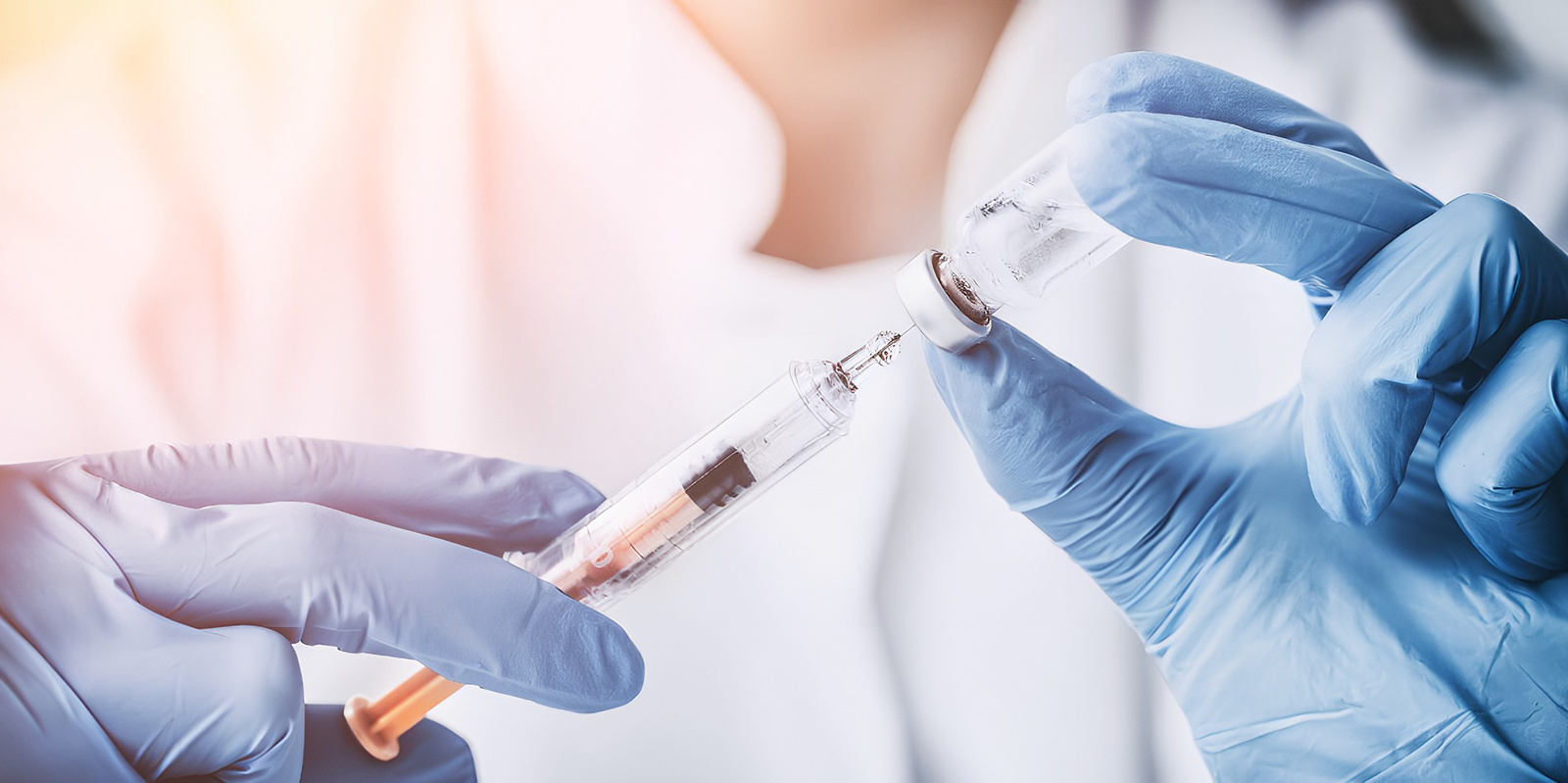What is Vitamin B12?
Vitamin B12 is an essential water-soluble nutrient, also known as cobalamin. It plays a vital role in the healthy functioning of many systems in the body, including:
- DNA (genetic material) synthesis
- Energy production (metabolism)
- Neurological (brain) function
- Nerve cell health
- Red blood cell (hemoglobin) formation
Vitamin B12 plays a key role in the normal functioning of the brain and nervous system. It’s also important in the formation of red blood cells. A lack of B12 can lead to anemia (not having enough red blood cells), causing you to feel tired and weak.
How Much Should You Get?
The recommended daily intake of vitamin B12 varies depending on factors such as age, sex, and overall health. Generally, adults should aim to consume a balanced diet that includes foods rich in B12 vitamins or consider supplementation if dietary intake is inadequate. Recommended dietary allowances (RDAs) for each B12 vitamin are established by health authorities and may vary by region.
What are the symptoms of b12 deficiency?
Chemically, vitamin B12 can exist in various forms, but all contain the mineral cobalt. The liver can store the vitamin for a long time, so deficiency and symptoms may take a few years to develop. Some common signs and symptoms of vitamin B12 deficiency include:
- Difficulties with maintaining balance
- Fatigue, lethargy, or feeling faint
- The feeling of pins and needles
- Headache or irritability
- Mouth sores
- Reduced cognitive function (memory or comprehension issues)
- Sore and swollen tongue (may appear pale yellow or red)
- Vision changes
At Eberi Weight Loss & Wellness, we provide weekly injections for vitamin B12 deficiency. Call for pricing.
Food Sources of Vitamin B12
Vitamin B is found naturally in a wide range of foods, including:
- Whole Grains: Fortified cereals, brown rice, whole wheat bread, and oats are rich sources of various B vitamins, including B1, B2, B3, and B6.
- Meat and Poultry: Lean meats such as chicken, turkey, beef, and pork contain significant amounts of B vitamins, particularly B3, B6, and B12.
- Fish and Seafood: Fatty fish like salmon, tuna, and mackerel are excellent sources of B vitamins, especially B12 and B6.
- Dairy Products: Milk, cheese, and yogurt provide essential B vitamins such as B2, B12, and B5.
- Eggs: Eggs are rich in B vitamins, including B2, B5, and B12.
- Legumes and Nuts: Beans, lentils, peanuts, and almonds are good sources of B vitamins, particularly B1, B2, and B6.
- Leafy Greens: Dark leafy greens like spinach, kale, and broccoli contain folate (B9) and other B vitamins.
- Fruits and Vegetables: Avocado, bananas, oranges, and potatoes are examples of fruits and vegetables that provide various B vitamins.
Treatment & Management
Treatment and management of vitamin B12 deficiency typically involve addressing the underlying cause and replenishing deficient B vitamins through dietary changes and, if necessary, supplementation. In cases of severe deficiency or malabsorption issues, healthcare providers may recommend vitamin B injections or higher doses of oral supplements.
Prevention of Vitamin B Deficiency
Preventing vitamin B12 deficiency involves maintaining a balanced diet rich in foods containing B12 vitamins, such as whole grains, lean proteins, fruits, vegetables, and dairy products. For individuals at risk of deficiency due to specific factors like age, dietary restrictions, or medical conditions, supplementation under the guidance of a healthcare professional may be necessary to ensure adequate intake and prevent deficiency-related complications.
Regular health check-ups can also help identify early signs of deficiency and allow for timely intervention and management.
Service Categories

Cost Of Treatment
SHIPPING DIRECTLY TO YOU
ONE MONTH OF TREATMENT SHIPPED DIRECTLY TO YOU. NO OFFICE VISIT REQUIRED
Best results are achieved when given weekly. All Treatments are shipped directly to you.
Initial Consult
$50.00
( fee applied to pricing if you chose to go with the program)
Vitamin B12 Injection
- Injection per week for (4) weeks
- 4 weeks of medication and supplies



